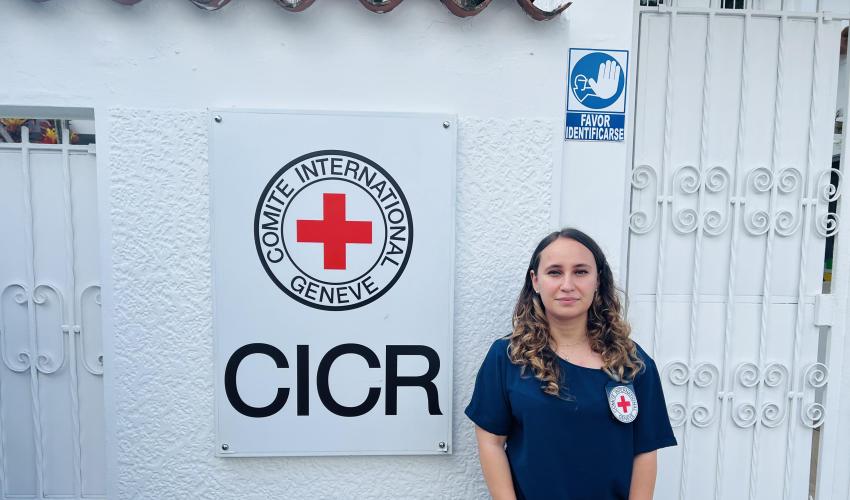
With an eye to invisible emergencies
LESS MEDIARELATED, BUT JUST AS SERIOUS, THEY ALSO REQUIRE MULTIPLE FORMS OF AID. FOR THIS IT IS BETTER NOT TO DONATE TO A SPECIFIC PROJECT“One of the main challenges, when it comes to funding for humanitarian operations, is represented by protracted crises or the ones that do not make the news, and as such do not attract “investors”. Often, organizations are “showered” with funding targeted to specific contexts or operations (think Ukraine today) and so they are obliged to make difficult choices, sometimes having to make budget cuts in more “invisible”, less mediatic settings, but where the needs may be similarly dire”, says Valeria Caccavo, who studied Biemf/Ess at Bocconi’s University and now is field team leader, International Committee of the Red Cross, explaining only personal opinions and not on behalf of the positions or views of the ICRC. As a humanitarian worker having lived through different emergencies worldwide, Caccavo highlights that it’s very important when donating to organizations to rely on unearmarked funding.
The positive impact of her job, among many tasks assigned, is on the field, close to people affected by conflict or armed violence. “Another fertile debate that is populating the international aid sector is on the “fetishization” of suffering for mediatic and funding purposes”, Caccavo continues. “There is a growing consensus on the fact that, for example, pictures of poor, malnourished or agonizing children should not be published as a funding strategy (and some of us argue that they should not even be taken in the first place). This is because they can be disturbing and ethically problematic, and often constitute a breach of consent and of the rights and dignity of people at their most vulnerable time”.
by Camillo Papini
Translated by Alex Foti
